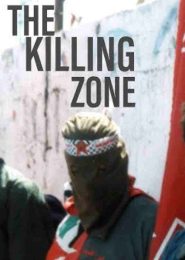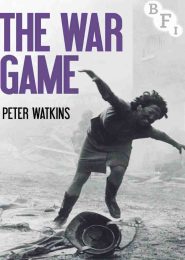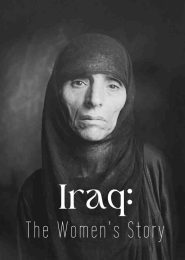Ghosts of Rwanda (2004)
In the haunting echoes of history, the 2004 documentary Ghosts of Rwanda immerses us in the harrowing events of the Rwandan genocide—a dark chapter that unfolded over a 100-day period in 1994. Directed by Greg Barker, this two-hour film stands as a stark reminder of humanity’s capacity for cruelty and the world’s failure to intervene.
Eyewitness Accounts: Through interviews with key government officials, diplomats, soldiers, and survivors, Ghosts of Rwanda offers firsthand, unfiltered narratives. We hear from those who lived it—the diplomats who believed they were building peace, only to witness their colleagues murdered; the Tutsi survivors who recount the horror of seeing friends and family slaughtered by Hutu friends and co-workers; and the U.N. peacekeepers who were ordered not to intervene in the massacre unfolding around them.
Behind Enemy Lines: The documentary takes us behind enemy lines, where diplomats grappled with the unimaginable. Their efforts to broker peace collided with the brutality of the Hutu extremists. The tension is palpable—the thin line between life and death. As the genocide unfolded, the world watched, paralyzed by indecision and political calculations.
The Responsibility to Protect: Ghosts of Rwanda forces us to confront uncomfortable truths. The United States and the international community chose not to intervene effectively. The responsibility to protect was forsaken. The film documents significant events, statements, and decisions that underscore this failure—a failure that cost 800,000 Rwandans their lives.
Prospects for Peace and Reconciliation: In a Web-exclusive interview, journalist Helena Cobban discusses the prospects for peace and reconciliation in Rwanda. Can justice be delivered through an international court? The wounds are deep, the scars indelible. The documentary leaves us pondering whether reconciliation is possible in the face of such immense suffering.
Legacy and Lessons: Ghosts of Rwanda isn’t just about the past; it’s a mirror reflecting our present and future. It compels us to examine our collective conscience. How do we prevent such horrors from recurring? How do we ensure that the ghosts of Rwanda find solace?
In its painful retelling, this documentary becomes a plea—a plea to remember, to learn, and to act. The ghosts of Rwanda linger, urging us to be vigilant, compassionate, and committed to preventing such atrocities. Forgetting is not an option; bearing witness is our duty.




